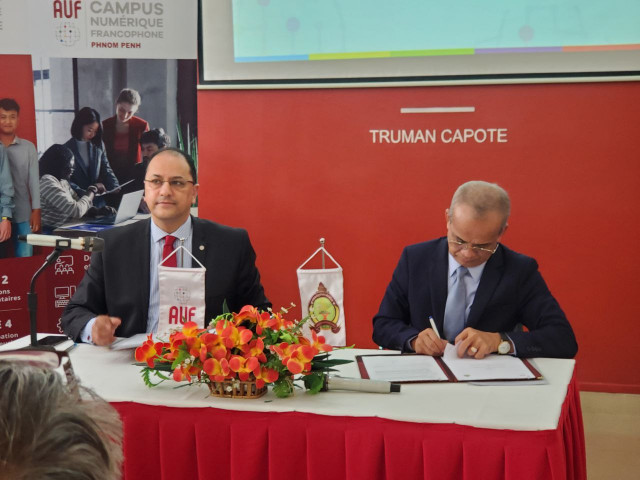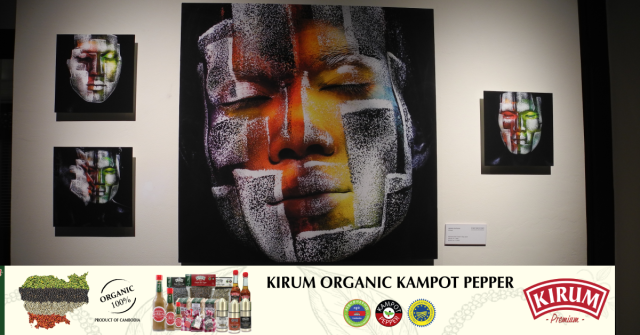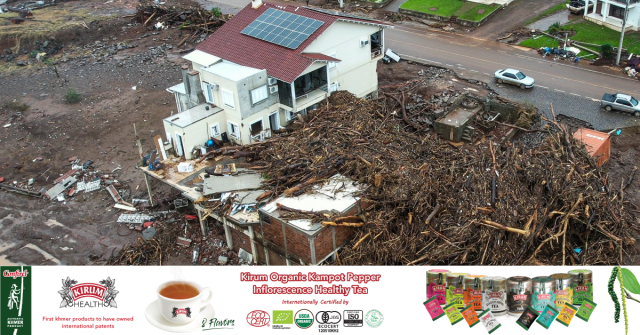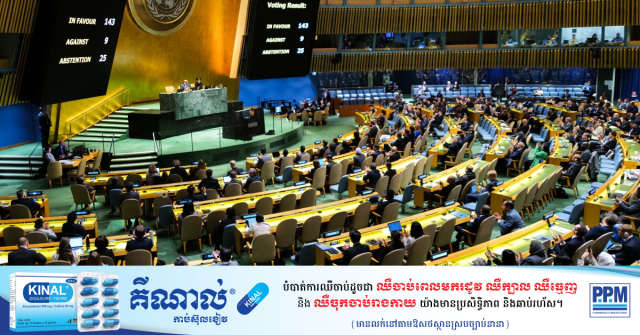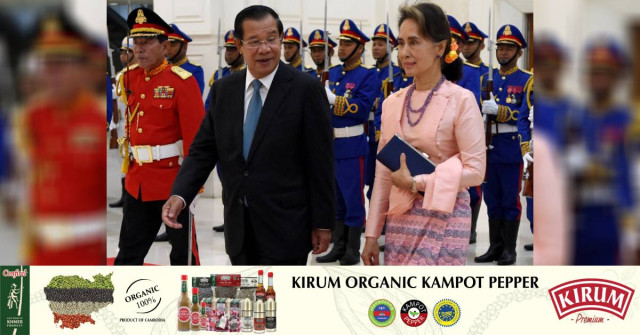Natural and Rare Fish Species Have Decreased, Experts Worry
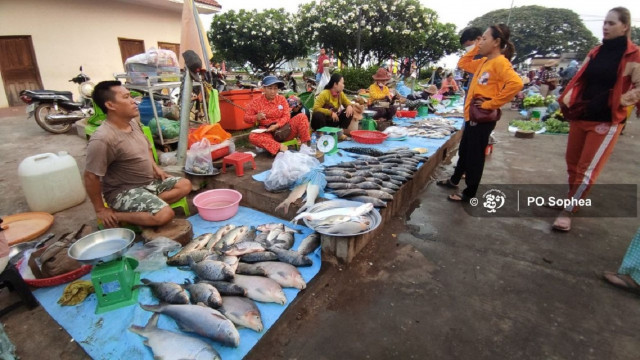
- By Po Sophea
- and Sam Sopich
- May 3, 2022 7:16 PM
Climate change and overfishing threaten Cambodian natural fish stocks
PHNOM PENH–The Department of Aquaculture Development, a branch of the Fisheries Administration, raised concern over the decrease of Mekong giant catfish and rare freshwater fish due to human activities and called for better protection of natural fish.
In annual surveys conducted from 2017 to 2021, the number of juvenile fish collected at the Chaktomuk area, where the Mekong meets the Tonle Sap and Tonle Bassac rivers, has decreased significantly, said Houy Sreynov, Department of Aquaculture Development officer.
While the research team caught some giant barbs in 2017, an emblematic species of the Mekong basin, they didn’t catch any of them in the following surveys, conducted annually until 2021. Similarly, the number of freshwater juvenile fish collected by the department was very small in 2018, 2019 and 2021.
“The number of natural fish is declining as most people do not know what kind of fish they catch on their nets, whether it is an endangered or rare species, or not,” said Sreynov, adding that people seem not to try to preserve the natural fish stocks.
“Most Cambodians think that natural fish tastes better than farmed fish. Thus, it pushes fishermen to fish more from the rivers to supply the market,” she said during the "Night of Exploration: The Mystery of the Deep Canyon" event, hosted by the Mekong River Wonders Project at Raffles Hotel.
“What is even more unfortunate is that some people like to eat fish eggs, which prevent the biomass from regenerating and speeds up the decline of fish stocks.”
On top of the overconsumption of natural fish, freshwater species have to face the effects that climate change is having on Cambodia’s main rivers.
“In recent years, water levels [in the Mekong, Tonle Sap and Tonle Bassac rivers] are not the same as they used to be, so fish cannot move easily [to reproduce in quiet areas, like the Tonle Sap lake],” she said. “In the past, when the water level rose more regularly, fish could move along the stream from one location to another [in search of food or a place to reproduce], but now their migrations are more constrained,” she added.
Sreynov called on people to participate in the protection of fish, as the current trend will reduce the number of freshwater fish if no one handles that issue on time.
Pheng Boeun, deputy chairman of the Fishermen's Community Network in Stung Treng province, said that people must pay attention to the decline of fish, fearing that one day, most of the natural resources may disappear if no one tries to protect them.
“[Because it got sparse], some Cambodian children do not even know what a royal fish (Mekong giant catfish), or giant barbs, or some other rare fish, are,” he said.
"If this trend continues, even ordinary fish, currently populating the waters in abundance, may become scarce in the future if no one pays attention to conservation."
These problems may make the next generation unfamiliar with the natural fish found in Cambodian freshwaters.
Department of Aquaculture Development Officer Sreynov said that the Sutchi catfish is now the main species one can collect in Cambodian rivers.
She calls on all citizens to cooperate to protect and maintain Cambodia's freshwater fish species. In particular, not fishing during the wet season, which is also the spawning season, gives a better chance for fish to reproduce.










